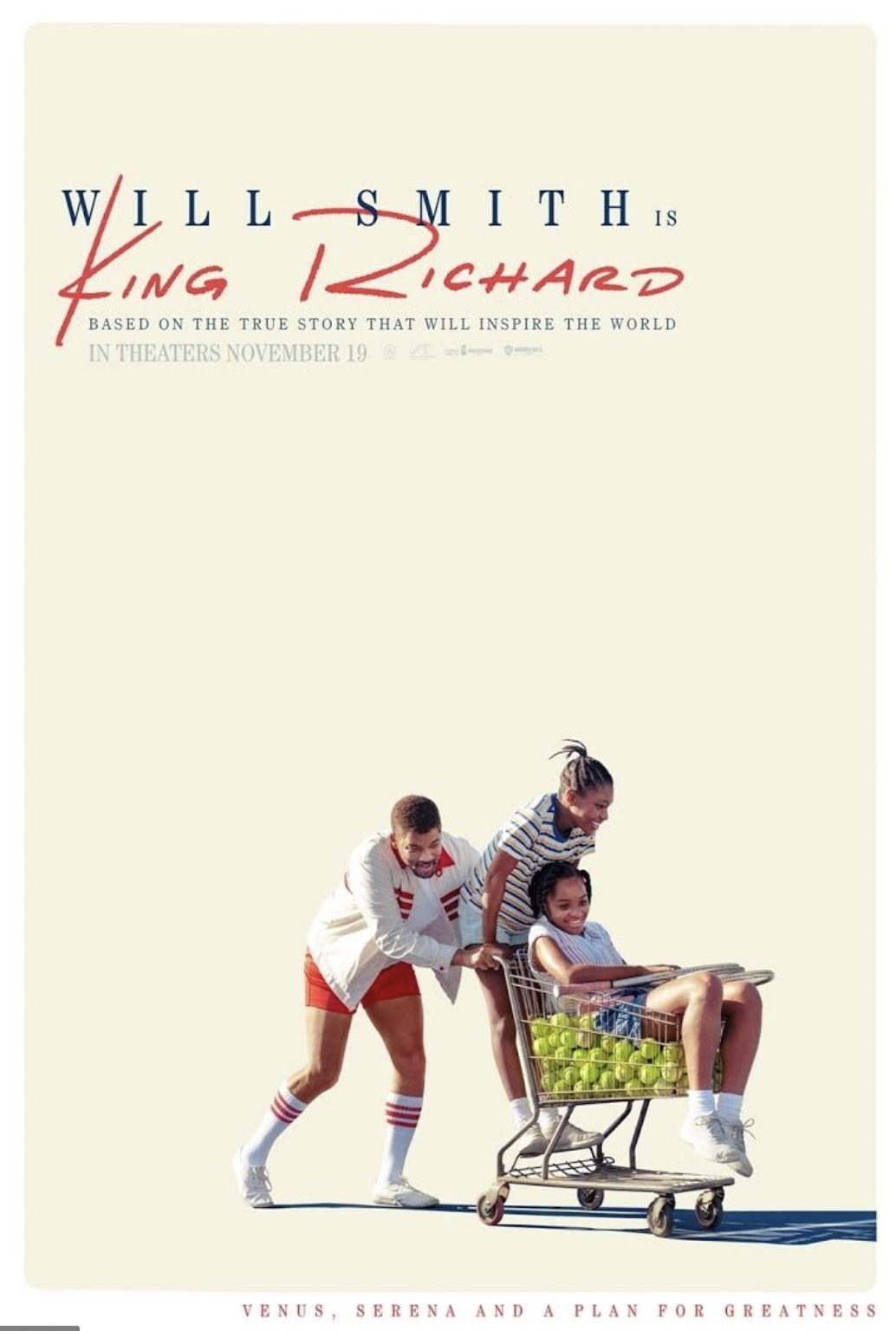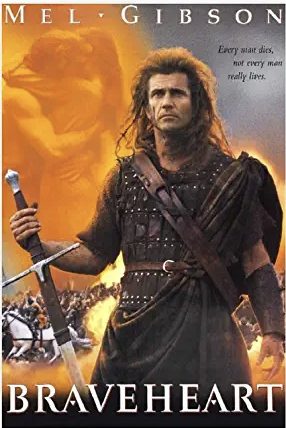This Thanksgiving, Give Thanks to King Richard

The substance of King Richard’s plan ought to bring tears to the eyes of Stephen Covey, Rick Warren, Jesus Christ, and every father struggling to be good and every good father wanting to be great. Tweet

Highlights
If fathering well is an art...
...then 'King Richard' is a masterclass.
Thanksgiving marks the beginning of the holiday season—the time of year when we recharge our souls.
Thanksgiving is particularly special because of its intended inclusiveness. Thanksgiving is not just about one’s own. It’s about opening one’s own to another. It’s a day when we are expected to suspend our tribal tendencies for “othering”—the denigration and demonization of those who are different—and celebrate what we share with others. Pilgrims and Indians together, breaking and sharing bread and putting differences aside for the sake of giving thanks for a shared space, world and Creator.
This is the best family movie I have ever seen. What Braveheart is to freedom, King Richard is to fatherhood.
When the Shepherds get together this Thanksgiving and give voice to what we are thankful for this year, I will give thanks for the soul-gift that is Reinaldo Marcus Green’s King Richard. One of the most unremarked benefits of feminism is that it freed fathers to take an active role in the mental, moral and physical education of their daughters. King Richard, the story of Richard Williams, Venus and Serena Williams’ father and coach, is the best family movie I have ever seen. What Braveheart is to freedom, King Richard is to fatherhood. And as a movie on the virtue of sports and competition and its power to overcome racial adversity, King Richard is right up there with Brian’s Song.
The idealization of virtues—the salutary promise of movie-making—has not been seen so clearly for a long time. With King Richard, it has arrived at a moment of great national need. There is a bipartisan consensus that we have lost our groove as a people. “We the People” are not well in the heart or in the head. We need to figure out who we are, what we stand for and against, how to succeed under adversity, and when we do succeed, how to act. We need to be reminded what is to be family, a father, a mother, and a young person in the making. All this and more can be found in this movie.
King Richard is filmmaking at its best. Will Smith delivers an Academy Award-winning performance as Richard Williams—the hard-charging, forever selling, never-surrendering man with a plan—85 pages we are told— for his daughters’ path to success. And while the plan was built around Venus and Serena, it’s big enough for all five of his girls, as well as for him and his wife. And what makes this movie so special is his plan is suited for all who want to help their children do their level-best and earn their places in the world.
The substance of King Richard’s plan ought to bring tears to the eyes of Stephen Covey, Rick Warren, Jesus Christ, and every father struggling to be good and every good father wanting to be great. To watch King Richard talk to his daughters—having his thinking filter, interpret and instruct what they are experiencing, thinking and feeling—is a level of parenting that defines a new gold standard. That said, King Richard was not a perfect man nor is he portrayed as one. No one this side of Divinity is perfect — which is good news for the rest of us mortals, who are all fallen. But King Richard shows what every good book and real story of man teaches: the path to self-, familial and societal improvement is marked by helping crooked timber learn how to straighten itself and stand tall.
One example from the movie, and this is not a spoiler—but it just might inspire you to go watch, listen and feel this movie on the level it warrants—is how concerned Richard was that his daughters became the greatest, most gracious winners — alongside being the greatest players — of all time. After a well-earned victory, his family was indulging in some well-earned Braggadocio—led by his other daughters, and to the pleasure of his wife and Venus and Serena — but King Richard would have none of it.
Not only did he nip it the bud, he took the time to give his reasons. After his wife would not let him reinforce the lesson with a forced walk through humbling streets of Compton, when the family got home, he immediately went for the VCR to find some taped lesson, which was his habit. But on TV, to their surprise and delight, was Disney’s Cinderella. The moment it was over, he wanted to know if they grasped the moral of the story. They had no clue, to King Richard’s displeasure. So he explained to them that Cinderella dealt with adversity—and winning—with humility and he expected his daughters to do the same.
He would often say to his girls, “Some day, someone is going to hand you a check for a million dollars.” It turns out that he was off by a factor of 12, but his Cinderellas were ready in advance to handle fame and fortune.
The old adage “behind every great man is a great women” remains. Aunjanue Ellis, who plays King Richard’s wife as an ideal supporting partner, is a stand-out Oscar contender. She delivers her role with mastery, poise and beauty — a mother and wife who freely signs onto a plan to get her own family straight out of Compton. There are two excellent scenes of which the Academy must take notice. Her defense of her family against a social services-calling neighbor and her standing up to King Richard when it mattered are two case studies showing how to constructively make one’s point in the fewest words possible.
And the girls’ performances—individually and collectively—shines like “Yes-Daddy” Diamonds. And while this story is built around Venus and Serena, tennis followers know how much of the story is left untold and presupposed. While the marketplace recognized Venus as a Michael Jordan-level talent, King Richard made them a package deal, since he knew he had two—and that the one that would become the GOAT was sadly sitting on the sidelines but with Daddy filtering her experience and telling her what her destiny was — and that it was all part of the plan.

















